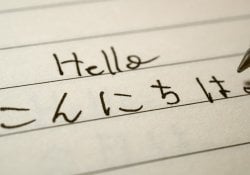False cognates are words that resemble the Portuguese, but in reality they have totally different meanings than we imagine. In the Japanese language there are also some false cognates, mainly of english origin. In this article, we are going to share a list of false cognates in Japanese.
It is worth remembering that false cognates in English are called “false friends”, precisely because they are false friends who deceive you. It looks like one thing, but it really isn't. As there are few false cognates of Japanese and Portuguese, we will also share a list of false cognates of Japanese to English.
False Cognate in Japanese is written sorani kotoba [空似言葉] which can be literally translated as empty word.
Índice de Conteúdo
False Cognates from Japanese to PORTUGUESE
In Japanese we have the word yesu [イエス] which can mean so much Jesus as yea, derived from yes in the English language. So be careful not to fall into that trap;
Karuta [かるた] actually originated from Portuguese letter, but karuta in japan it refers only to a traditional card game that involves poems;
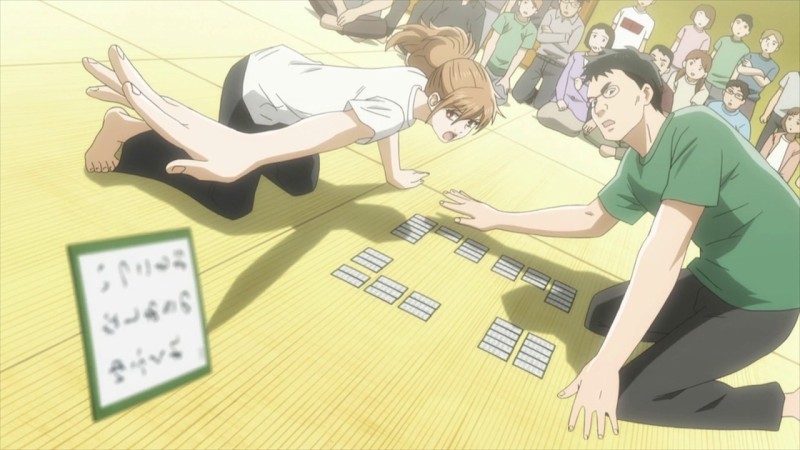
In Japanese there is the word "Swing" [ブランコ] which some might think means white, but in reality it means swing. white in japanese is white [白] or derived from English howaito [ホワイト].
the japanese word igirisu [イギリス] pode lembrar inglês, mas atualmente significa Reino Unido. Para referir-se ao idioma inglês utilizamos a expressão eigo [英語];
Subeta [スベタ] came from sword, but its meaning in Japanese is an insult to women, it can indicate an unattractive woman;
Tempura [天ぷら] came from Portuguese derived from seasoning or seasoning, but in Japanese it means seafood or vegetables wrapped in batter. Seasoning in Japanese is supaisu [スパイス].
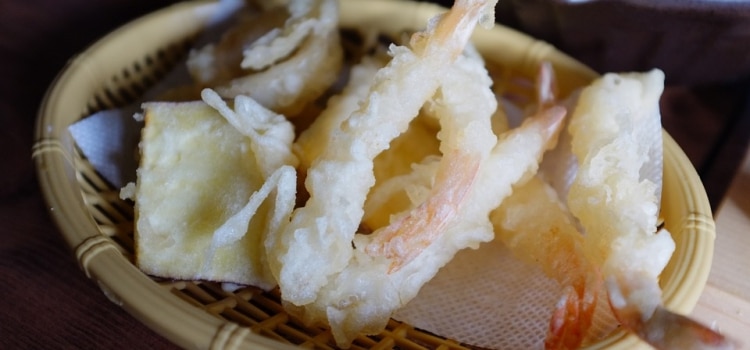
Shabon [シャボン] veio do português sabão, mas existem outras palavras mais usadas para esse objeto. No japonês quando alguém diz shabon, provavelmente está se referindo a bolhas de sabão [シャボン玉];
Watering can [じょうろ] comes from Portuguese Jarro, but it means watering can. The Japanese water jug is mizusashi [水差し] while jyagu [ジャグ] can be used to refer to round pitchers that look like a strainer.
Koppu [コップ] comes from Portuguese glass, but in Japanese there are other better words to use. Koppu can also be confused with slang for police officer, which comes from English "Copy".
Kompeitō [金平糖] comes from Portuguese confectionery, but it refers to a type of Japanese sweet and not to normal confectionery.
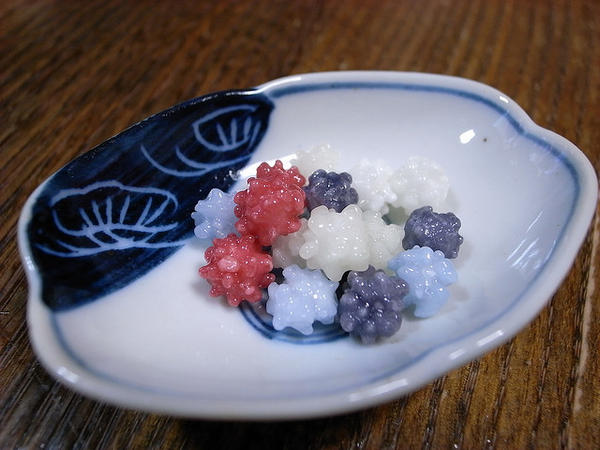
Japanese words that are not what they seem
In addition to False Cognates, there may be words in Japanese that look like others in English, but have absolutely nothing to do with them. Below I will leave some of these words:
- Anta [あんた] in Japanese means you;
- Baka [ばか] means idiot and dumb, reminds the word cow;
- Kubo [窪] means cavity, deep place, female genitalia;
- Matte [待って] in Japanese means wait!
- Kara [から] in Japanese is " from ", not cara (face, boy);
- Minna [みんな] means people;
- Karai [辛い] means spicy and not expensive;
- Ningen [人間] means human and not nobody;
I'll leave a funny video below that talks more about this subject:
FALSE COGNATES FROM JAPANESE TO ENGLISH
There are many false cognates of English words in the Japanese language. Fortunately, many English words are known to our language, or most derive from English. So before we end this article let's leave a list of Japanese cognates of English-derived words.
Imeeji [イメージ] in Japanese does not refer to an image as some think, but to an impression, mental image, idea or simply imagining. To talk about a literal image we use the characters [像] and [絵].
"Idol" [アイドル] derives from the word Idol, but is commonly used to refer to young artists who sing and dance in bands and on TV as if they were actresses or a POP idol.
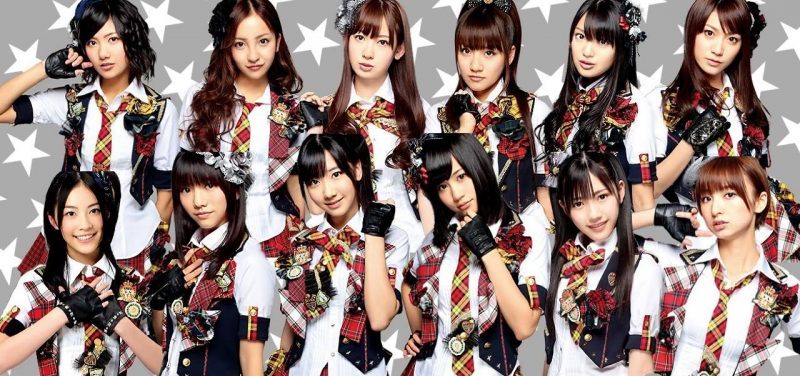
Haafu [ハーフ] comes from the English Half which means half, but in Japanese it refers to mixed-race people of dual nationality. To talk about half in English we use hanbun [半分] or other words derived from the ideogram huh [半].
Abauto [アバウト] comes from English Sobre which means about, a page about the site is an example of using About. In Japanese, this word refers to a vague, lazy, superficial or sloppy person. It can also refer to an approximate number or a calculation.
Piasu [ピアス] came from Piercing but in the Japanese language it mainly refers to earrings and ear piercings.
Manshon [マンション] comes from the English mansion. In the Japanese language this word is not used to refer to a mansion, but a group of buildings or a condominium. Mansion in Japanese can be taiteitaku [大邸宅] or simply teitaku [邸宅].

Paato [パート] is rarely used as a “part” for dividing things up, paato is mostly used in Japanese to refer to part-time jobs. Equivalent to part-timer English.
Shiiro [シール] comes from the English seal which means seal, in Japanese shiiro is used for stickers. If you want to talk about stamps we use the terms hanko [判子] sutanpu [スタンプ] and inkan [印鑑].
tarant [タレント] comes from English talent or Portuguese talent, but in Japanese it refers to TV personalities and talents. If we want to talk about some talent or ability, we use the expression sainou [才能] and some others.
Hope you enjoyed this article. Do you know of another false Japanese cognate that did not appear in this article? If you know, leave it in the comments. If you liked the article, be sure to share it with your friends!

